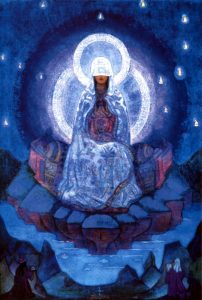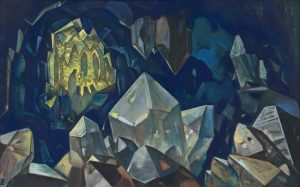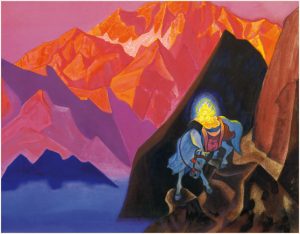In 1947, Friedrich von Hayek founded an association with 36 scientists, philosophers, politicians and historians with the aim of demanding and promoting a largely rule-free economy.
We know that on this theoretical basis and the basis of many scientific books by the authors who followed this initiative, the core for unlimited individualist capitalism was laid. Until today, people from business and politics who agree with these principles are in exchange in associations and strive to enforce the basis in public and political life.
From what source does Hayek draw his ideology, which is advocated in public discourse by followers like a religion?
If you follow Hayek’s train of thought, you inevitably end up with Darwin. The transfer of Darwinian principles of selection and the right of the strongest as the primacy of evolution can be connected seamlessly with Hayek’s economic theory. The dark machination of transferring Darwin’s natural phenomena of the animal kingdom to man, which Mahatma Morya calls satanic, flows into Hayek’s theory and creates the basis for an individual predatory behaviour of man. In no country in the last 75 years has this theory been implemented in practice as consistently as in the USA and some European countries. Hayek believed that the economic system regulates itself if it is not restricted by regulations. He saw the crises that arise from such action as only temporary and self-regulating. The existence-threatening consequences of the economic crises since the Second World War and their repair with money that came from the tax revenues of the broad population were largely ignored or waved away by the disciples of this ideology. The excesses of such unregulated capitalism are visible where even hospitals are closed due to lack of profitability.
On the website of one of the Hayek Societies, the following original quotes by Hayek can be found quite openly and as a matter of course:
“True only that a social market economy is not a market economy, a social constitutional state is not a constitutional state, a social conscience is not a conscience, social justice is not justice – and I fear also that social democracy is not a democracy. “
… “the prevailing belief in ‘social justice’ is currently probably the most serious threat to most other values of a free civilisation.”
“An effective defence of freedom must … necessarily be unbending, dogmatic and doctrinaire.” (Here we are not talking about general freedom, but about individualist freedom, especially in the economic sphere).
The further consequences of the foundation of this association and the results of the preparation of its ideology will also be seen in later milestones.





